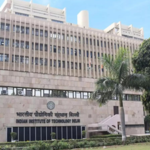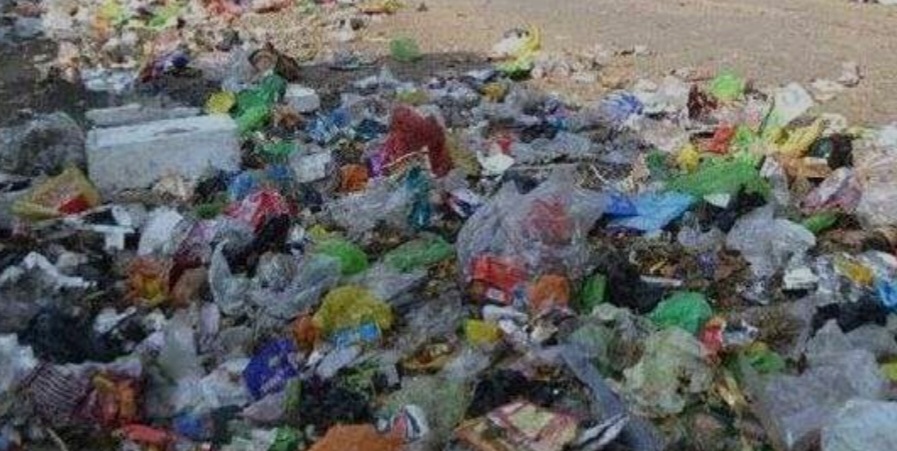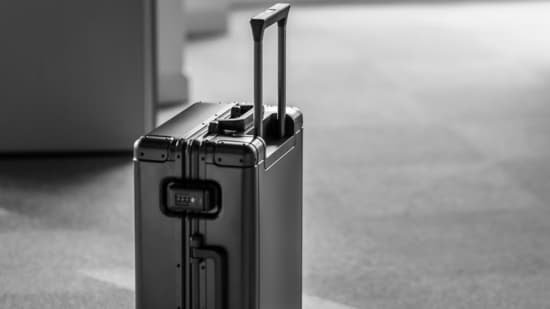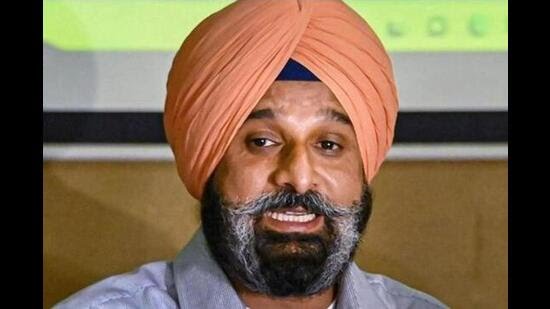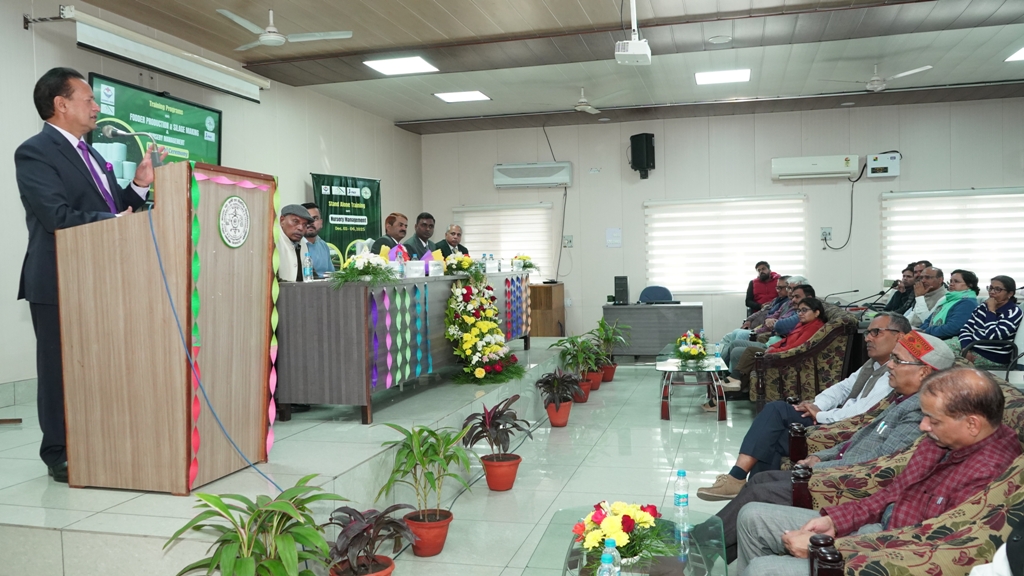Himalaya Harbinger, Rudrapur Bureau.
Rudrapur Municipal Corporation’s ambitious vision of transforming the city into a cleaner and greener urban space, akin to Indore, appears to be faltering, with the waste management system struggling to handle the increasing volumes of garbage. Despite a substantial expenditure of Rs 4.5 crore in removing the garbage mountain from Mohalla Paharganj, new dumping zones have surfaced across the city, posing significant environmental and health hazards.
Unfinished Work in Paharganj
Located on the Kichha Highway, Paharganj had been the city’s primary dumping site for years. The accumulation of waste, which had grown into an enormous garbage mountain, caused unbearable stench and daily accidents due to trash spilling onto the highway. This long-standing issue became a focal point during both civic and assembly elections, with residents demanding the garbage be cleared.
In December 2022, when the term of the city’s mayor ended, the District Magistrate (DM) was appointed as the administrator of the Municipal Corporation. Under the DM’s supervision, the waste removal from Paharganj was completed within three months. However, the garbage was not disposed of properly. Instead, it was dumped in an empty plot behind Bharat Heavy Electricals Limited (BHEL) on Kichha bypass, raising questions about the transparency and effectiveness of the cleanup effort.
“We removed about one lakh tons of garbage from Paharganj at a cost of Rs 4 to 4.5 crore. The garbage has now been removed from the trenching ground,” said Municipal Commissioner Naresh Chandra Durgapal.
Proliferation of New Dumping Zones
While the mountain of garbage may have been cleared from Paharganj, the city is now grappling with the emergence of numerous illegal dumping zones. Areas like Awas Vikas, near Shiv Shakti Mandir, Kalyani View, Bhadaipura, and several other locations have turned into open dumping sites. According to residents, these zones are not only unsightly but are also breeding grounds for infectious diseases, as the waste blocks drains, leading to overflowing sewage.
“The foul smell from the garbage heaps has made life unbearable. The Municipal Corporation charges user fees, but the services provided do not match,” said Santosh Chandra Joshi, a resident of Balajipuram Colony.
Faulty Machinery Compounds the Problem
The Municipal Corporation had initially installed a machine to convert garbage into organic fertilizer. However, technical issues arose shortly after installation, rendering the machine inoperable and leaving it to rust. A compactor machine meant for separating plastic from solid waste has also been out of order for a long time.
The city generates around 120 tons of garbage daily, and with no consistent disposal mechanism in place, the waste is often dumped in open spaces. Despite a significant investment in waste management, including the installation of a ₹9 crore compost biogas plant with a daily capacity of 500 metric tons, the challenge of separating wet and dry waste continues to hinder its operation. People often dump mixed waste, which reduces the efficiency of the plant.
Inadequate Infrastructure and Workforce
Rudrapur Municipal Corporation, which oversees 40 wards with a population exceeding two lakh, has a total of 93 vehicles for garbage collection, supplemented by three loaders to manage waste from key areas. However, despite claims that these vehicles collect garbage from every household, inconsistencies in the service have led to mounting complaints from residents.
“The garbage vehicle comes once or twice a week, and often after 10 a.m. This forces people to dump waste in empty spaces or drains, causing blockages and unsanitary conditions,” said Sunil Yadav of Gandhi Colony.
The city’s garbage collection system is further strained by a shortage of sanitation workers. Following the delimitation of the corporation, the number of wards doubled from 20 to 40, but there has been no corresponding increase in the number of sanitation workers, also known as environmental friends. Currently, about 127 permanent and 200 contractual workers are employed, a number insufficient to manage the growing waste problem in the city.
“Given the size of the city and its population, the number of sanitation workers is too low. We need more staff to efficiently collect garbage,” said a senior corporation official.
Public Awareness and Responsibility
Despite the corporation’s efforts to run awareness campaigns encouraging residents to segregate waste and dispose of it responsibly, public cooperation remains lacking. Many people continue to dump garbage in open plots and drains, exacerbating the waste problem. The corporation has urged residents to cooperate and help maintain cleanliness by using designated garbage collection vehicles.
“Garbage is the biggest problem in the city, but people are not separating wet and dry waste. A fine should be imposed on those who throw garbage indiscriminately, and the corporation must ensure that its vehicles are punctual,” said Noorie Khurana, a resident of the Main Market area.
Residents Voice Concerns
Many residents have voiced their frustration over the inadequate waste management services. Complaints about irregular garbage collection and the growing health risks posed by the overflowing waste are widespread.
“The vehicle comes only once or twice a week. If the Municipal Corporation does not take responsibility for collecting garbage, the city will continue to face this crisis,” said Ashwani Chaudhary from Shiv City Colony.
Pooja Kataria from Awas Vikas added, “Even though the garbage vehicle comes to our area, some people still throw garbage on the streets, especially at night. There should be strict penalties for such actions.”
The Way Forward
To address the growing crisis, Rudrapur needs an overhaul of its waste management system, with increased manpower, functional machinery, and stricter enforcement of garbage disposal regulations. Both the Municipal Corporation and the public must work together to curb the creation of new dumping zones and ensure that waste is disposed of in a sustainable manner. Without decisive action, the city’s dream of becoming a clean urban space will remain far from reality.



